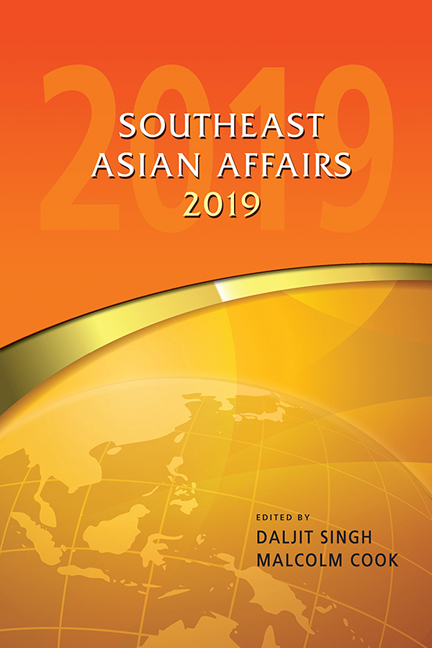Vietnam and Mekong Cooperative Mechanisms
from VIETNAM
Published online by Cambridge University Press: 07 September 2019
Summary
Regional cooperation in the Mekong Basin has become increasingly dynamic in recent years with the emergence of new mechanisms and the reshuffling of existing ones. During the 1990s, Mekong cooperative efforts were primarily confined to the riparian countries. However, over the past ten years, as a result of its strategic location and growth potential, the Mekong Basin region has attracted the attention of major powers and developmental partners, including the United States, China, Japan, India and the European Union. The cooperative mechanisms both among riparian countries and with external partners have provided platforms for discussion of regional issues, especially water resource management, economic development and integration into the regional and global markets, regional connectivity, and addressing common challenges.
In 2018, a series of summits related to the Mekong region took place. In January, Cambodia hosted the 2nd Mekong-Lancang Cooperation (MLC) Summit. In March, Vietnam held the 6th Greater Mekong Subregion (GMS) Summit and the 10th Cambodia-Laos-Vietnam (CLV) Development Triangle Area Summit. In April, the 3rd Mekong River Commission Summit took place in Cambodia. This was followed by the 8th Ayeyawady–Chao Phraya–Mekong Economic Cooperation Strategy (ACMECS) Summit in Thailand in June and the 10th Mekong-Japan Summit in October. In addition, a number of Ministerial-level meetings were held, laying the ground for further cooperation as well as the restructuring of many of the major cooperative frameworks. Vietnam has made significant contributions to the success of these summits, particularly through hosting the GMS Summit and the CLV Development Triangle Area Summit, and its active participation in others. This chapter will review the development of these major cooperative frameworks in the Mekong Basin and Vietnam's proactive and comprehensive approach to these mechanisms, including the newly established MLC framework.
Diversity and Mixture of Cooperative Mechanisms
At present there exist more than ten cooperative mechanisms in the Mekong Basin Region. Some involve only the riparian countries while others are between the countries along the Mekong and its external partners. The following section briefly explains the formation and recent development of these mechanisms.
Cooperative Mechanisms between Riparian Countries
The Mekong River Commission (MRC): In April 1995, Cambodia, Laos, Thailand and Vietnam signed “The Mekong Agreement for Cooperation for the Sustainable Development of the Mekong River Basin”, which established the Mekong River Commission.
- Type
- Chapter
- Information
- Southeast Asian Affairs 2019 , pp. 395 - 411Publisher: ISEAS–Yusof Ishak InstitutePrint publication year: 2019



